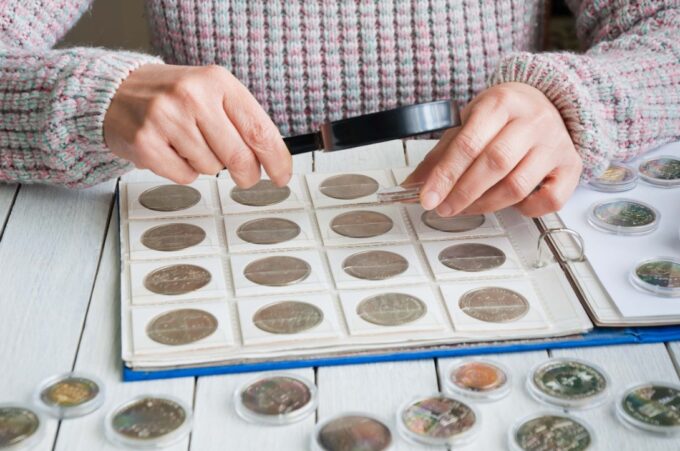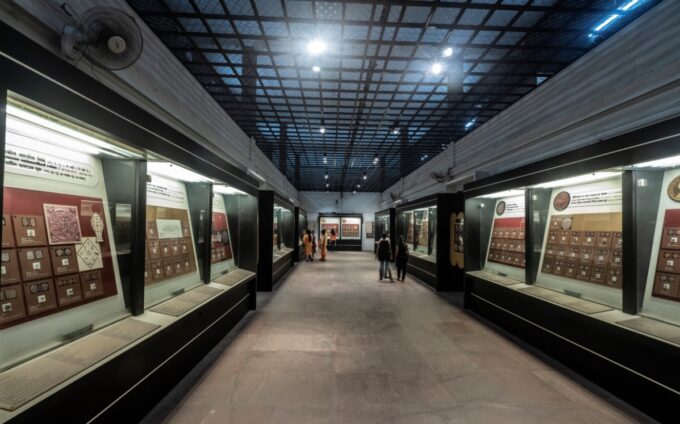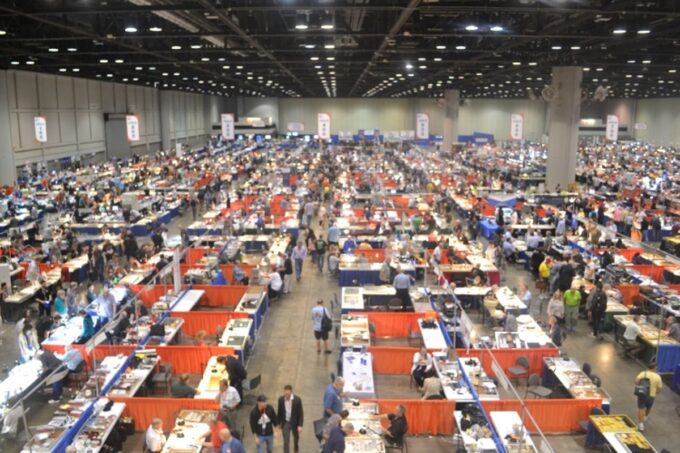
Source: sterlingmint.co.uk
Coin collecting, or numismatics, is a hobby that offers a deep dive into history, culture, and art. Whether you’re a novice collector or a seasoned enthusiast, researching the history of your coins can be both fascinating and rewarding. This guide will walk you through the essential steps to uncover the stories behind your coins and offer tips to enhance your collecting journey.
Step 1 ─ Identify Your Coin
Start by examining the coin closely. Look for any visible text, symbols, or dates. These can provide initial clues about its origin. For example, if you’re dealing with Barbados coins, these are the key details to note:
- Country of origin ─ Often indicated by text or national symbols.
- Denomination ─ The value of the coin, which can help identify its period.
- Date ─ This is crucial in determining the historical context.
Use a Magnifying Glass
Coins often have small, intricate details that can be hard to see with the naked eye. A magnifying glass can help you spot mint marks, designer initials, or other fine details that can aid in identification.
Step 2 ─ Use Online Resources

Source: sensa.mondo.rs
Several online databases can help you identify and research your coins. Websites like Numista, Coin Archives, and NGC Coin Explorer offer extensive catalogs with images and detailed descriptions. These resources are invaluable for cross-referencing your coins.
Forums and Communities
Joining online coin-collecting communities can be extremely helpful. Websites like CoinTalk, Reddit’s r/coins, and various Facebook groups have knowledgeable members who can assist with identification and provide historical context.
Step 3 ─ Consult Coin Catalogs
Coin catalogs are comprehensive reference books that list coins by country and era. The “Standard Catalog of World Coins” by Krause Publications is a go-to resource for many collectors. These catalogs provide detailed descriptions, images, and historical information.
For specific types of coins, there are specialized books that offer in-depth information. For example, “Roman Coins and Their Values” by David Sear is essential for ancient Roman coin collectors. Investing in these references can greatly enhance your research.
Step 4 ─ Visit Libraries and Museums

Source: indianmuseumkolkata.org
Many libraries have sections dedicated to numismatics. You can find books, journals, and historical records that provide valuable information about your coins. Don’t hesitate to ask a librarian for assistance in locating these resources.
Museums and Exhibits
Museums often have coin exhibits that showcase rare and historically significant coins. Visiting these exhibits can provide insights and inspiration for your collection. Some museums also offer access to their archives for in-depth research.
Step 5 ─ Use Professional Grading Services
Coin grading is the process of evaluating the condition of a coin, which can affect its value. Professional grading services like PCGS (Professional Coin Grading Service) and NGC (Numismatic Guaranty Corporation) provide authentication and grading services. They also offer detailed reports that include historical information about the coin.
If you have a coin that you believe to be rare or valuable, consider submitting it to a professional grading service. These services provide a thorough analysis and can offer historical context that might not be readily available elsewhere.
Step 6 ─ Attend Coin Shows and Conventions

Source: numismaticnews.net
Coin shows and conventions are great places to meet fellow collectors and experts. These events often feature seminars and workshops on various aspects of coin collecting, including historical research.
At these events, you can get expert opinions on your coins. Many dealers and numismatists are willing to share their knowledge and help you identify and research your coins.
Conclusion
Researching the history of your coins can transform your collection from a mere assortment of metal pieces into a vibrant narrative of human history. By following these steps, you can uncover the rich stories behind each coin and enhance your appreciation for this timeless hobby. Happy collecting!



